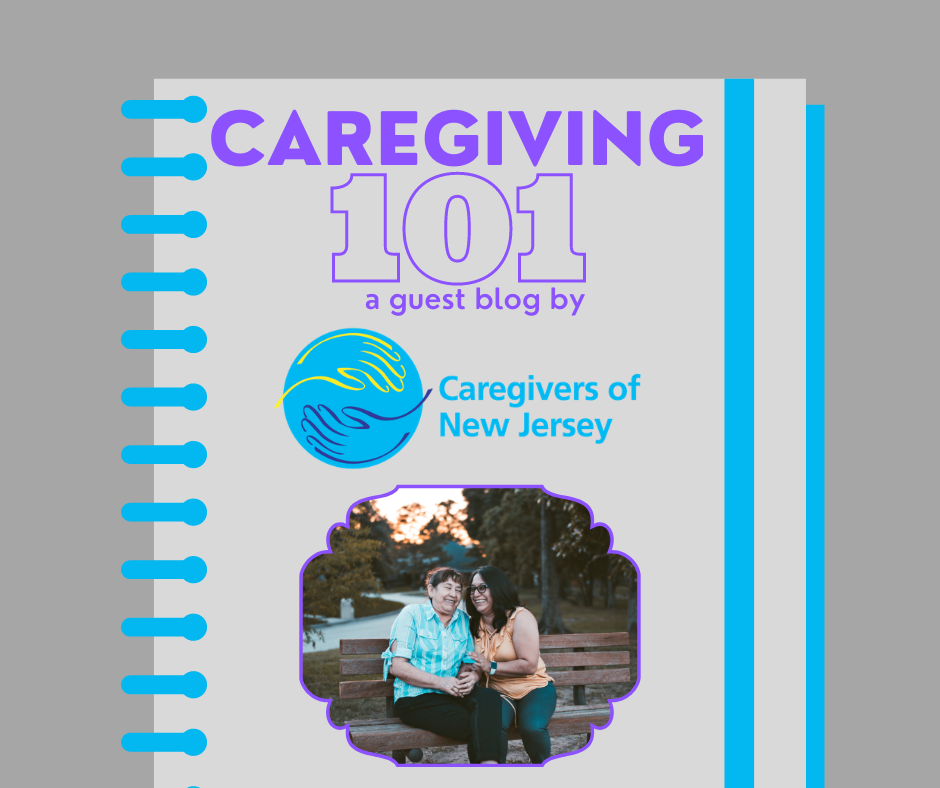
Many families and loved ones across the nation are held together by the support of their caregivers. Day in and day out, these brave individuals are the ones making the sacrifice to ensure the well-being of so many.
According to “2020 Report: Caregiving in the U.S.,” a May 2020 research report from AARP, there are an estimated 63 million caregivers in the United States, and this community continues to grow. With aging generations needing more to support their healthcare, many people are finding themselves becoming caregivers.
An intimidating role to step into, being a caregiver is no easy task – especially during a global pandemic. There are many struggles and challenges to face. However, as a nation and as a caregiving community, we are united in resilience to meet them head-on.
Over the years, the caregiving community, healthcare community, government and so many others have come together to bring resources to our bravest individuals – our caregivers. Whether in our homes or on our frontlines, there is always help. Let us show you.
Getting Started
The caregiver role can take many shapes. It could be someone caring for an aging parent, a loved one with a disability or even a young adult caring for a relative. You could be getting groceries, helping with physical therapy, arranging appointments, administering prescriptions/medical care and much more. No matter what role a caregiver has, there are several first steps that every caregiver should take:
• Get a solid diagnosis: Having an accurate distinction of the disability or medical condition your loved one is facing will help you become a better caregiver. You will have more of an understanding of what you can do and what you should research to provide the best standard of care.
• Research: The more you know about the condition/disability, the better. This will prepare you for the care you can provide and allow you to have deeper communication with medical staff. Additionally, you can find and connect with caregiving resources that are more central to the needs you find (see below).
• Talk with Family/Loved Ones: It is important to include those who are relevant to your loved one throughout this process. The treatment your loved one receives and how the process is handled can become very personal, and tough decisions may need to be made. Having open and honest discussions can create a better circle of support and understanding as you all go through this together.
• Finances: There should be clear outlines of a financial plan to care for your loved one. Again, this involves talking with those who are relevant to the person needing care, as well as medical providers and insurance. Creating a well-thought-out budget will help you focus on the more important parts of being a caregiver, which will minimize stress.
• Complete Legal Paperwork: This might include a Power of Attorney, Advance Medical Directives, POLST form, wills, etc. Having these documents completed ahead of time will provide answers to questions down the road if the condition worsens, and alleviate stress. It is always better to be prepared, even if these are difficult conversations to have.
Connect with your Local Community
There are 63 million caregivers nationwide, and you are never far from help. All across the country, there are people just like you who have come together to create resources for the community. Doing some research to find out what is available in your area can be extremely helpful when it comes to answering questions, finding the best care or even just finding someone to listen to. Locating your closest caregiving coalition, such as Caregivers of New Jersey, can provide you with a more personal level of support and resources.
Caring for YOU
Caring for someone 24/7 is no easy job. When you spend so much time caring for others, you may forget to take care of the most important part of caregiving – YOU!
According to a 2020 AARP survey, 26% percent of family caregivers described their situation as “highly stressful.” High levels of stress can take an immense toll on personal health. As AARP notes in their updated May 2020 article, titled “Caregiver Burnout: Steps for Coping with Stress,” 4 in 10 caregivers experience depression, mood swings and resentment due to their position.
There are many resources that can help you avoid this burnout. One of the main things caregivers need is simply time away. This is where respite care steps in. Respite care is short-term or temporary substitute care to relieve the primary caregiver. This can be found through Caregivers of New Jersey, some senior residential facilities, Veteran’s associations, local adult daycares, your local Area Agency on Aging, or even just family and friends.
Do not be afraid to ask for help! The help is there; you just need to speak up for yourself. You cannot be a good caregiver if you cannot care for yourself first. Practicing this “put-your-oxygen-mask-on-first” metaphor is not only better for you but better for your loved one.
Caregivers of New Jersey (CNJ) (njcaregivers.org) is dedicated to providing a central point of contact on caregiving issues, resulting in more effective information dissemination, increased support, awareness and advocacy. CNJ offers a wide array of resources for the caregiving community in counties across NJ, including support coordination, coalitions, and advocacy, as well as training and events. CNJ always puts the caregiver’s best interest at the heart of everything we do.
Caregivers of New Jersey was formed in response to the growing number of caregivers within the state. With more than 1.3 million caregivers in the state, CNJ will work to shed light on the mounting needs of caregivers and the increased need for support.

